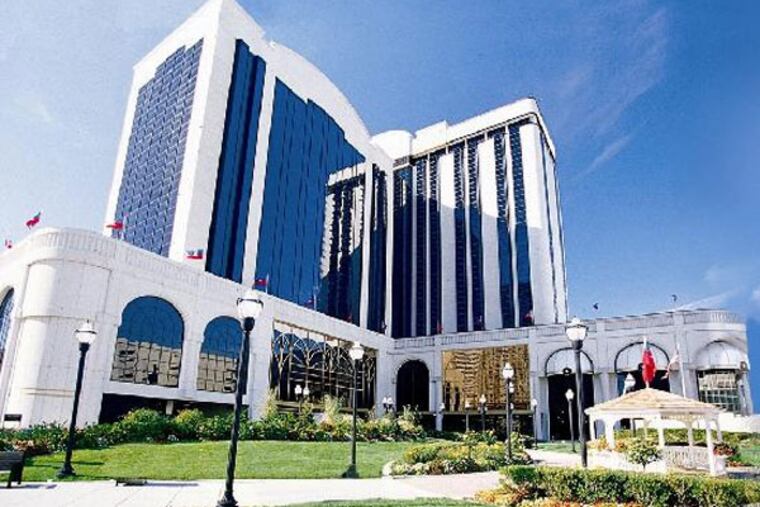Casino's deal with online firm falls through
The deal that could have made Atlantic City's smallest casino the first U.S. brick-and-mortar gambling hall owned by an online-gambling company is no more.

The deal that could have made Atlantic City's smallest casino the first U.S. brick-and-mortar gambling hall owned by an online-gambling company is no more.
On Wednesday, Atlantic Club Casino Hotel announced that a purchase agreement with Rational Group US Holdings, the British company that owns the PokerStars and Full Tilt Poker websites, has been terminated.
Michael Frawley, the casino's chief operating officer, said: "The Atlantic Club remains committed to the aggressive pursuit of the opportunities presented by online gaming."
The struggling casino, among the least profitable of Atlantic City's dozen gaming venues, hitched its future to online gambling months ago, when it sought out only buyers from that sector.
Rational would have brought tens of millions of worldwide subscribers for Atlantic Club to mine had the deal, for an undisclosed amount, gone through.
Spokesman Eric Hollreiser said Rational planned a headquarters and data center in Atlantic City, with the potential for hundreds of jobs. Hollreiser, based on the Isle of Man, did not respond to an e-mail Wednesday.
Atlantic Club employees and Frawley pitched the deal as perhaps the last chance to save the casino. When Gov. Christie signed an Internet gaming bill into law, it appeared the stars were aligning.
But the deal ran into regulatory roadblocks. Rational was one of the three online companies whose operations were shut down in 2011. Last year, PokerStars agreed to pay $547 million to the U.S. Justice Department and $184 million to poker players overseas to settle a case alleging money laundering, bank fraud, and illegal gambling, though the company admitted no wrongdoing.
Industry observers predicted it would be difficult for the firm to obtain a license from the New Jersey Casino Control Commission.